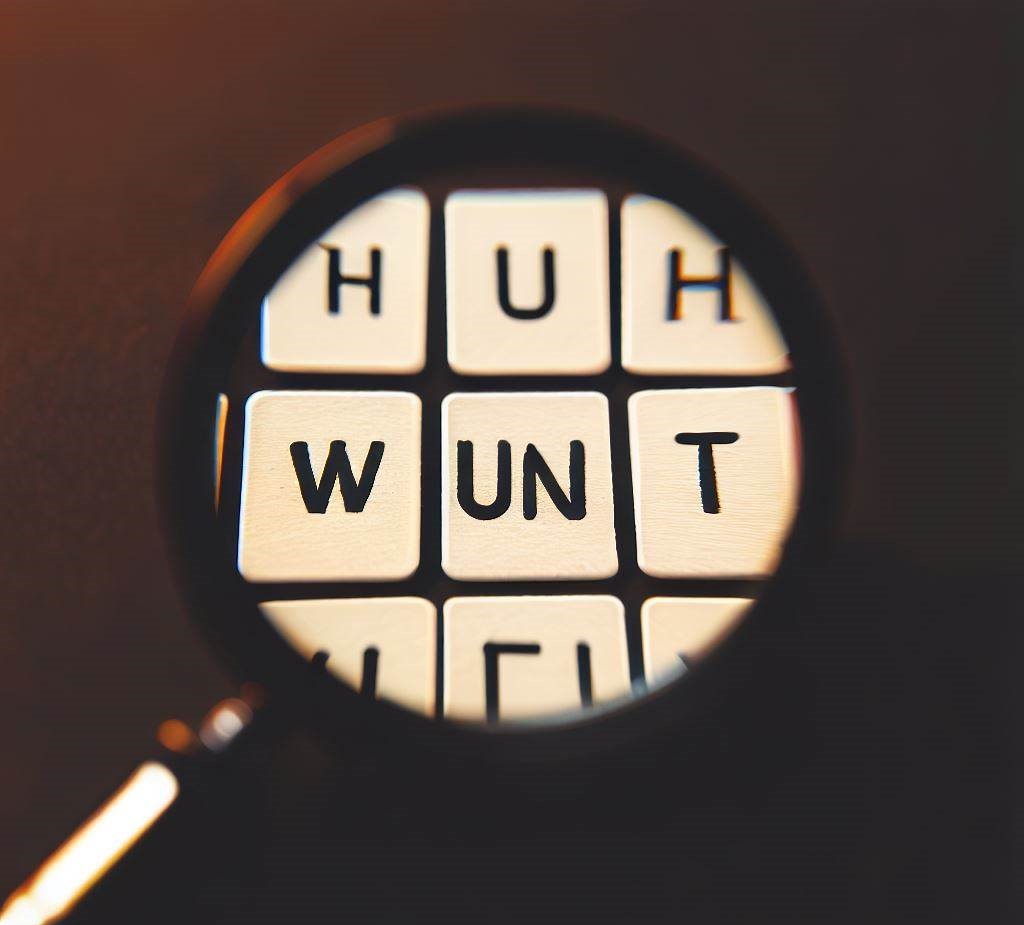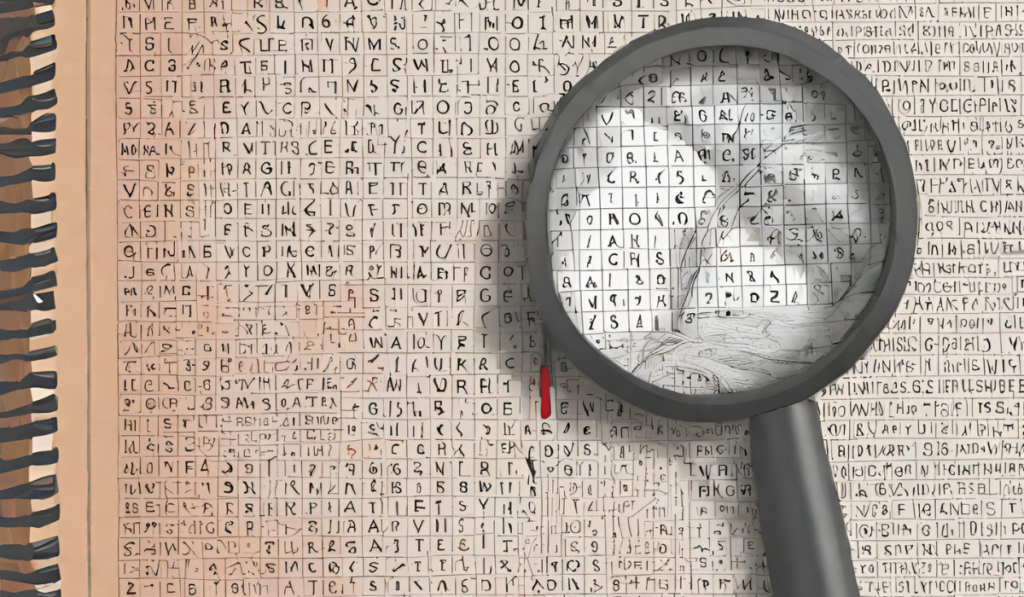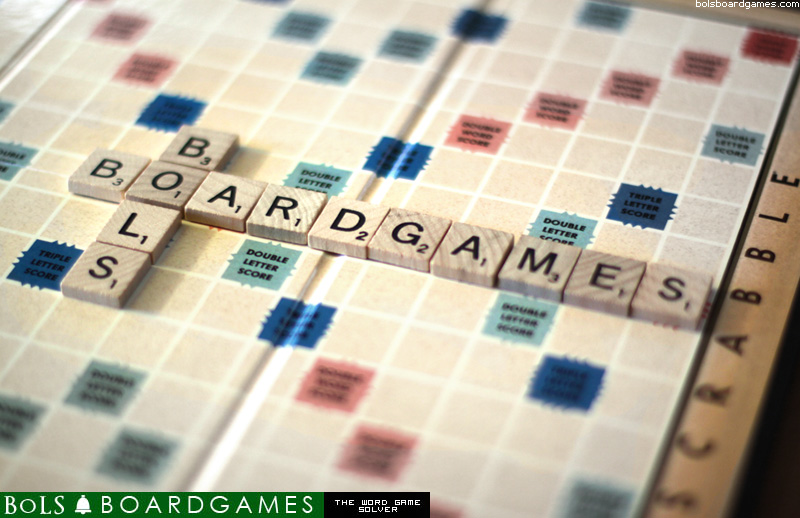There’s no need to use big words when small ones will do. In other words, there’s no need to cheat by using fancy words when simpler words will suffice. After all, the best writing is clear and concise, not convoluted and confusing.
So next time you’re tempted to reach for that thesaurus, resist the urge and stick with more straightforward language. Your readers will thank you for it.
If you’re looking to impress your friends and family with some fancy words, we’ve got you covered. Here are 10 cheat words that will make you sound smarter:
- Aesthete: Someone who appreciates and pursues beauty
- Bibliophile: A lover of books
- Cacophony: A harsh, discordant sound
- Circumlocution: The use of unnecessarily wordy or complex language
- Epiphany: A moment of sudden realization or insight
- Iconoclast: Someone who challenges traditional beliefs or ideas
Fancy Gadam Ft. Sarkodie – Total Cheat ( Official Video )
Importance of Cheat Fancy Words
The use of fancy words, also known as cheat words, can significantly enhance the quality of your writing or conversation. These words, often more complex and sophisticated, can help to make your language more engaging and impressive. They can aid in expressing your thoughts and ideas more accurately and effectively, providing a deeper, more nuanced meaning than simpler, more common words.
Using cheat fancy words can also showcase your extensive vocabulary, which can reflect well on your education and intellect. Moreover, they can make your writing more enjoyable to read, helping to maintain reader interest. However, it’s important to use these words appropriately and in the right context to avoid sounding pretentious or confusing your audience.

How to Use Cheat Fancy Words
Using fancy words or sophisticated vocabulary can elevate your language skills and make your communication more impactful. First, familiarize yourself with the words by reading literature or using a thesaurus to expand your vocabulary. Practice incorporating these words into your daily conversations gradually, without forcing them into context inappropriately. Utilize them in your written communication such as essays, emails, or reports to enhance their quality.
However, ensure that the words you use fit the context and are understandable to your audience; otherwise, it can lead to confusion. Moreover, don’t overuse fancy words, as it may come across as pretentious or artificial. Balance is key – blend them with simple language to maintain a natural flow. Regularly revising these words will help to retain them in your memory.
Common Mistakes in Using Cheat Fancy Words
Using fancy words or jargon in writing can often backfire if not done correctly. One of the most common mistakes is using these words incorrectly, either in terms of meaning or context. Misunderstanding the definition of a word can lead to misuse, resulting in confusion or misleading information. Additionally, overusing fancy words can make the text seem pretentious or overly complicated, detracting from its readability.
Also, using these words to sound smart often has the opposite effect, as it can indicate a lack of understanding of the subject matter. Lastly, incorrect pronunciation during verbal communication can cause embarrassment and undermine credibility. Therefore, it’s crucial to understand and use fancy words appropriately to maintain clarity and precision in communication.

Code Words for Cheating
Most people think of cheating as simply sharing answers or copying someone else’s work. But there’s a whole other level of cheating that goes on in schools, and it’s often done right under the teacher’s nose. Code words are one way that students cheat.
By using code words, students can communicate with each other without the teacher knowing what they’re saying. For example, a student might text their friend “I need help with question 3” and their friend will know to bring them the answer key for that question. There are lots of different code words that students use to cheat, and new ones are always being created. Some common code words include:
The dog ate my homework: This means I don’t have my homework, and I need you to give me the answers.
Can I borrow your pen?: This means I need your paper so I can copy your answers.
What did you get for number 7? This means what was the answer to question 7? Of course, these are just a few examples – there are many more out there! If you’re ever unsure about what a classmate is saying, just ask them directly and see if they give you a weird look or try to change the subject. Chances are, they’re up to no good!
What is a Fancy Word for Cheater?
A cheater is someone who breaks the rules in order to gain an advantage over others. There are many different ways to cheat, and there are just as many words for it. Here are some of the most common:
1. Cheating: This is the most general term for breaking the rules in order to get ahead. When you cheat, you’re trying to gain an unfair advantage over others who are playing by the rules. Cheating can be done in many different ways, from copying someone else’s work to taking shortcuts that aren’t allowed.
2. Plagiarism is a specific form of cheating that involves stealing someone else’s work and claiming it as your own. This can be done by copying their work word-for-word or by slightly changing it and not giving credit where it’s due. Plagiarism is a serious offense in academic circles and can lead to expulsion from school or loss of job opportunities.
3. Fraud: Fraud is another word for cheating that is often used in a legal context. When you commit fraud, you’re deliberately deceiving someone in order to gain something from them – usually money. For example, if you sell somebody fake concert tickets or promise them a free vacation but never deliver, you’ve committed fraud against them.
What is the Academic Word for Cheating?
There is no definitive answer to this question, as the academic word for cheating can vary depending on the context and situation. However, some possible words that could be used to describe cheating in an academic setting include ‘plagiarism’, ‘dishonesty’, or ‘academic misconduct’.

Frequently Asked Questions [FAQs]
What are cheat fancy words?
Cheat fancy words are complex, sophisticated words used by individuals to impress others, make their arguments sound more convincing, or to hide the actual meaning of their statements. These are often used in debates, speeches, or writing to add a layer of complexity or sophistication.
Why do people use cheat fancy words?
People use cheat fancy words for various reasons. Some use them to sound more intelligent or to make their arguments more persuasive. Others use them to hide the true meaning of their statements or to keep their audience guessing.
Do cheat fancy words always work?
No, not always. While cheat fancy words can make a statement sound more complex or sophisticated, they can also confuse the audience if used excessively or inappropriately. It is important to use these words wisely and sparingly.
How can I learn to cheat fancy words?
There are several ways to learn to cheat fancy words. You can read books, articles, or speeches that use these words. You can also use resources like dictionaries or thesauruses to look up the meanings and usage of these words.
Can using cheat fancy words be considered dishonest?
It depends on the intention of the speaker or writer. If cheat fancy words are used to intentionally confuse or mislead the audience, it could be considered dishonest. However, if they are used to enhance the quality of a speech or writing, it is not necessarily dishonest.
Conclusion
This blog post is all about how to cheat by using fancy words. The author suggests that when you’re writing, you should try to use as many big words as possible in order to make your work sound more impressive. However, the author also acknowledges that this isn’t always easy and provides some tips on how to go about it. For example, they recommend looking up synonyms for common words in a thesaurus or using online resources like Word Hippo.







































